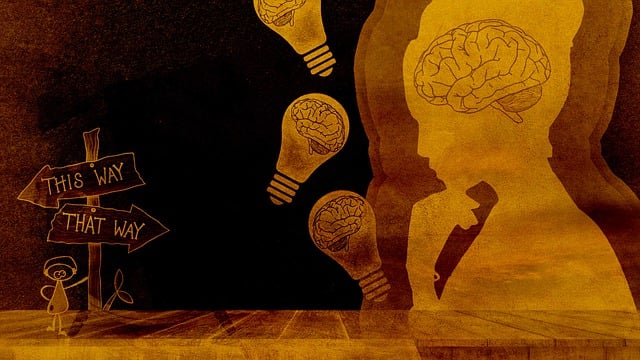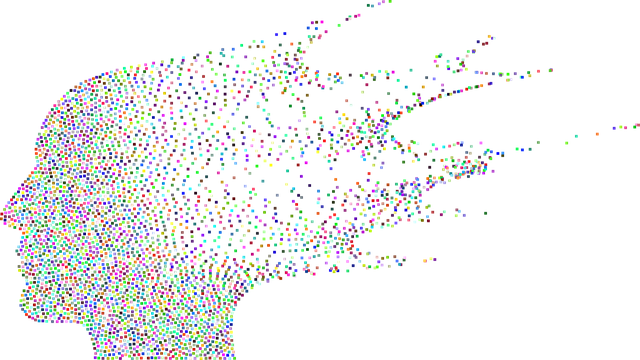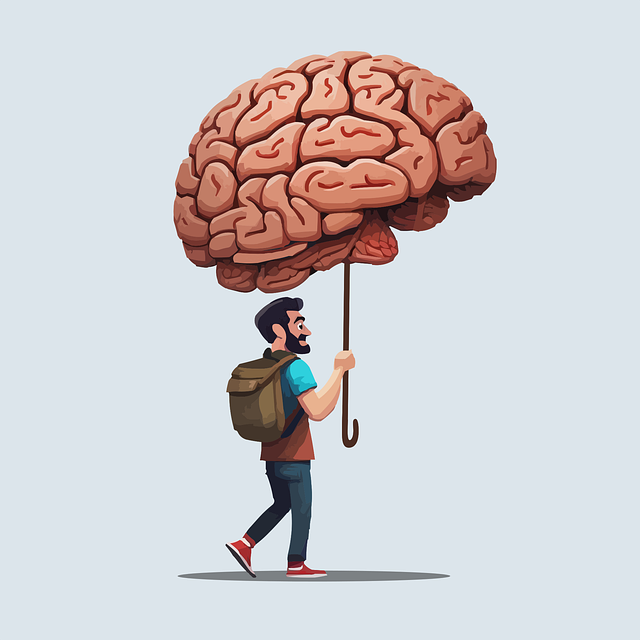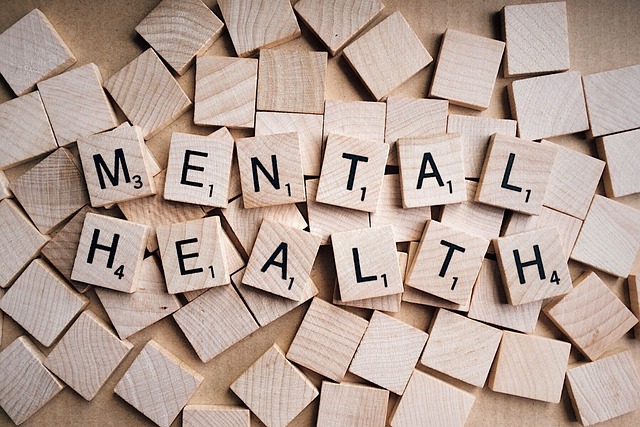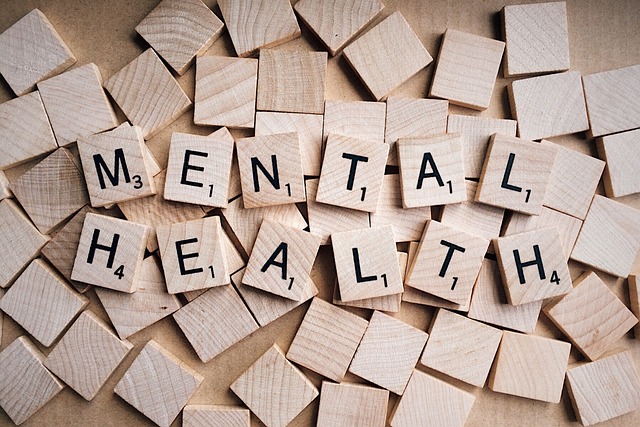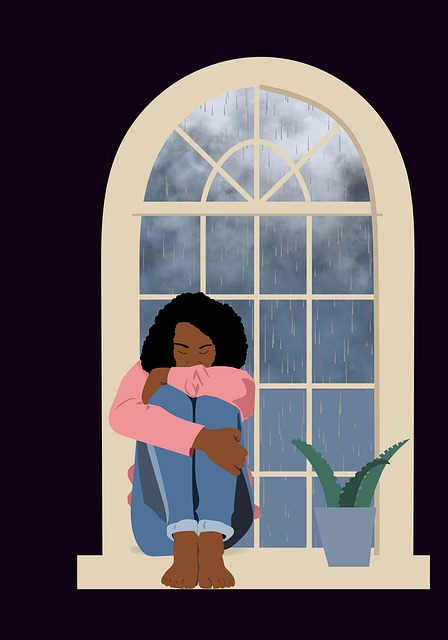The stigma surrounding mental illness significantly hinders youth access to crucial services like Castle Rock Adolescent and Teen Therapy, exacerbating issues such as anxiety, depression, and suicidal thoughts. To combat this, Castle Rock Adolescent and Teen Therapy promotes emotional intelligence and conflict resolution skills, fostering resilience and open conversations about mental health. Through educational initiatives, workshops, and community engagement, the program demystifies mental health challenges, normalizes conversations, and empowers both professionals and young clients to destigmatize mental illness, ultimately improving mental health outcomes and strengthening interpersonal relationships.
Mental illness stigma is a pervasive barrier to youth mental health. This article explores targeted efforts to reduce this stigma, focusing on understanding its profound impact, highlighting innovative initiatives like Castle Rock Adolescent and Teen Therapy that offer safe spaces for open dialogue, and examining educational programs aimed at demystifying mental illness in schools. We also delve into community engagement strategies designed to break down barriers and foster supportive environments.
- Understanding Stigma: Its Impact on Youth Mental Health
- Castle Rock Adolescent and Teen Therapy: A Safe Space for Open Dialogue
- Educational Initiatives: Demystifying Mental Illness in Schools
- Community Engagement: Breaking Down Barriers and Fostering Support
Understanding Stigma: Its Impact on Youth Mental Health

Stigma surrounding mental illness can have a profound impact on youth, hindering their ability to seek help and support for their emotional well-being. It often manifests as fear, discrimination, or misunderstanding, creating a barrier between young individuals and accessing appropriate Castle Rock Adolescent and Teen Therapy services. This internalized shame may lead to increased anxiety, depression, and even suicidal ideation.
Understanding the pervasive nature of stigma, especially during adolescence, is crucial. Young people are developing their identities and navigating complex social environments, making them vulnerable to external pressures. By promoting emotional intelligence and teaching conflict resolution techniques, we can empower teens to recognize and challenge stigmatizing attitudes. These Emotional Well-being Promotion Techniques not only foster resilience but also encourage open conversations about mental health, ultimately destigmatizing it.
Castle Rock Adolescent and Teen Therapy: A Safe Space for Open Dialogue

Castle Rock Adolescent and Teen Therapy stands as a beacon of hope in the fight against mental illness stigma. This therapeutic haven, tailored exclusively for young minds, fosters an environment where open dialogue is encouraged, breaking down barriers often associated with seeking help. Through innovative practices, trained professionals guide adolescents through complex emotions, promoting emotional regulation skills that are crucial for their holistic development.
The therapy center’s approach extends beyond traditional counseling. It incorporates burnout prevention strategies specifically designed for healthcare providers, ensuring the well-being of those dedicated to mental health care. By prioritizing self-care and risk management planning, Castle Rock Adolescent and Teen Therapy not only equips young individuals with tools for resilience but also empowers mental health professionals to sustain their crucial work in a challenging field.
Educational Initiatives: Demystifying Mental Illness in Schools

Mental illness stigma reduction starts early with educational initiatives aimed at demystifying mental health challenges within schools. Programs like Castle Rock Adolescent and Teen Therapy play a pivotal role in normalizing conversations around emotional well-being, encouraging students to recognize symptoms of stress management issues or lack thereof as signs of potential underlying problems. By integrating self-care practices and emotional intelligence into the curriculum, these initiatives empower young individuals to better understand their mental health and that of their peers.
Through interactive workshops and open discussions, students learn not only to identify but also to offer support when a classmate might be struggling with mental illness. This early intervention can significantly alter life trajectories, fostering environments where emotional vulnerability is met with empathy rather than isolation or stigma. By breaking down barriers, these educational efforts pave the way for improved mental health outcomes and stronger interpersonal relationships among adolescents and teens.
Community Engagement: Breaking Down Barriers and Fostering Support

In the fight against mental illness stigma, community engagement plays a pivotal role in breaking down barriers and fostering support. Initiatives led by organizations like Castle Rock Adolescent and Teen Therapy have been instrumental in this regard, focusing on educational programs, awareness campaigns, and open dialogues to normalize conversations about mental health. By involving community members, local leaders, and schools, these efforts create an environment where individuals feel seen, heard, and supported. This collective approach not only reduces the isolation often associated with mental illness but also empowers people to seek help early and access resources more effectively.
Community engagement strategies also emphasize the importance of emotional regulation skills and inner strength development, as discussed in the context of risk assessment for mental health professionals. Through workshops, support groups, and mentorship programs, community members learn coping mechanisms that enhance their emotional resilience. This proactive approach not only helps individuals manage their own mental health but also contributes to a culture where mental illness is met with understanding, empathy, and care, rather than fear or judgment.
Mental illness stigma reduction is a multifaceted effort that requires understanding, education, and community engagement. By providing safe spaces like Castle Rock Adolescent and Teen Therapy, we encourage open dialogue and foster support systems crucial for youth mental health. Educational initiatives in schools further demystify mental illness, while community involvement breaks down barriers, ensuring everyone has access to the resources they need. Collectively, these efforts contribute to a more accepting society where individuals can seek help without fear of judgment.

